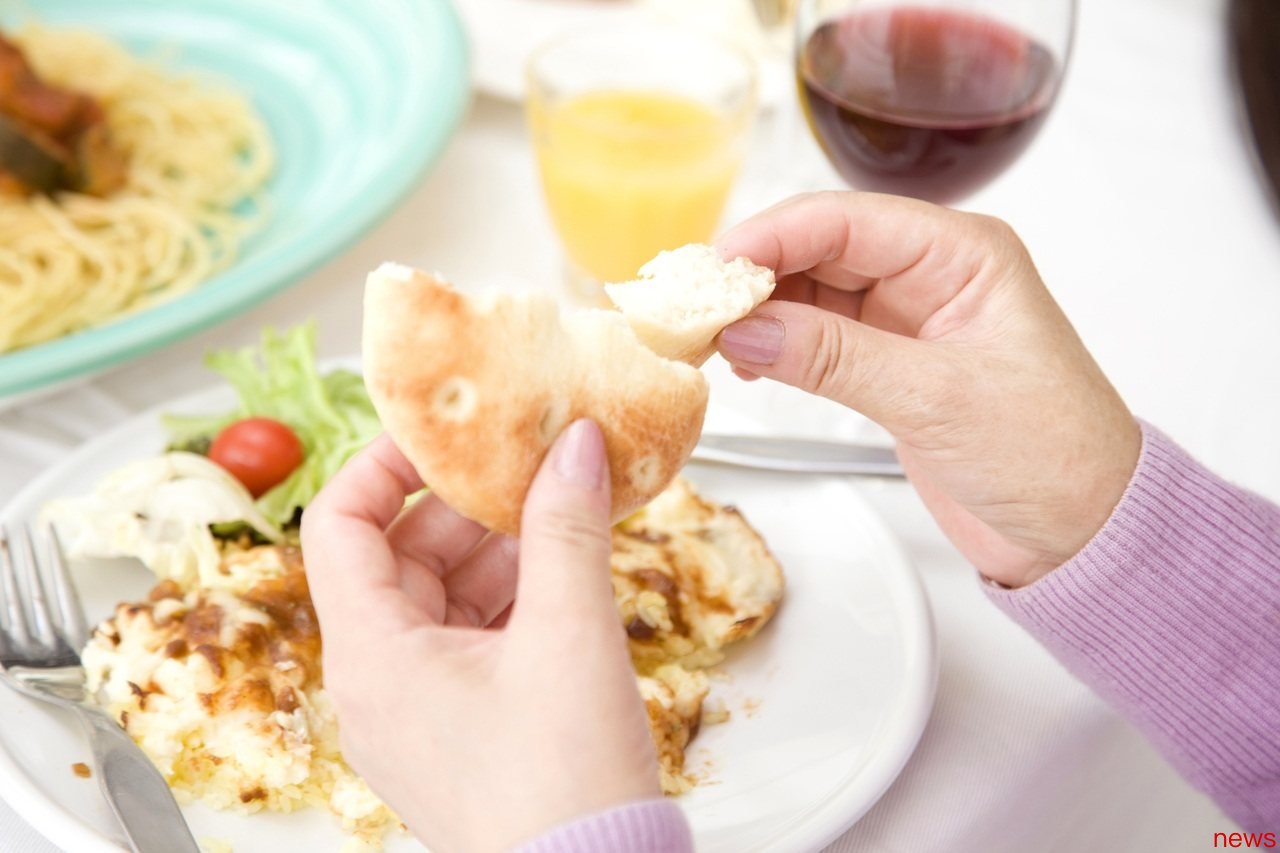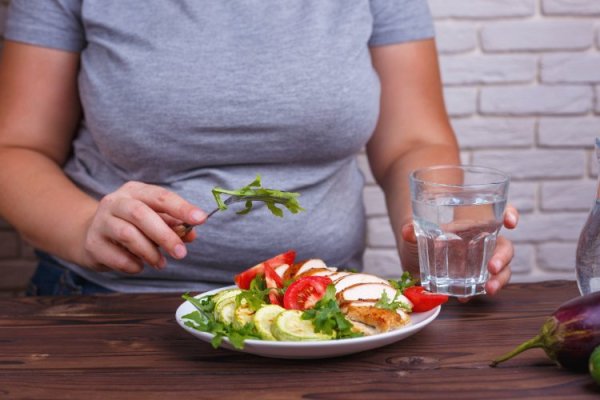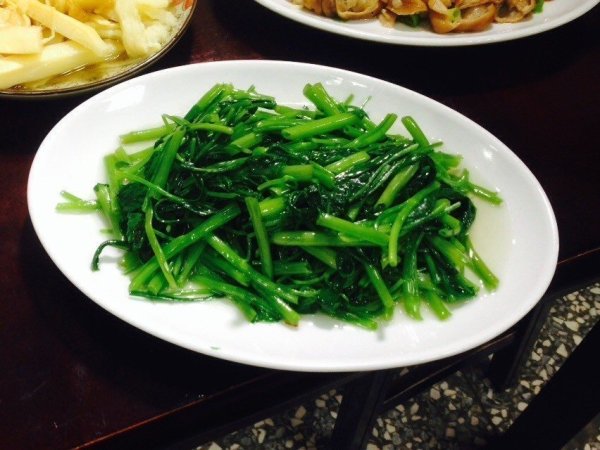What have you eaten and you keep getting fat? Nutritionists reveal: I accidentally fell into the high-heat trap and NG diet habits

"I obviously eat very little, why can't I lose weight?" —— This is the common question of many reducing ethnic groups. In fact, the problem is often not about eating more or less, but about lack of correct understanding of the "hot source". Recently, Japanese nutrition manager Okada Akiko has shared many examples, pointing out that many seemingly healthy foods actually hide high heat, and even "unconscious dietary habits" are the real thing that prevents weight loss.
"I can't lose weight after eating much," "I feel like I've eaten nothing and gained weight again"——Many people are confused in the process of reducing the remission. In this regard, Japanese nutritionist Okada Akiko pointed out that most of this situation is not a physical abnormality, but is caused by "inadvertently taking too much heat."
{9 For example, although fruit and cheese are rich in nutrients, they are also highly nutritious. If the portion size is not controlled, it is easy to cause the daily total heat to exceed the standard. One woman consumed 200 grams of fruit a day during the weight reduction period, with a heat of 1,200 calories, which actually caused weight gain; another visitor added a lot of cheese to each meal and was frequently taken as a food dish, resulting in a rise in weight instead of dropping, and even causing a rise in calcified sterol. "Healthy Drinks" may also help to prolong gluttonyOkada also reminds that although fruits are considered healthy foods, they contain higher fructose, and excessive consumption will also be transformed into body fat. It is generally recommended that the daily intake is about 200 grams. In addition, specific health foods (such as some tea drinks) that are labeled as "inhibition of fat absorption" may also cause misleading consumers. One citizen believed that he could eat fried food and ramen with confidence after drinking "healthy tea", but he was not only not thin but also fatter.
Break the blind spot of "unconscious eating" and actually record the dietary habitsAnother common blind spot is "unconscious eating". Some people are used to eat on their phones or eat some food at home, and often do not realize the actual amount of food. Okada suggests that the habit of writing daily diet or taking photo records will help clarify the source of problems and adjust the heat extraction. The key to weight management is not just the superficial "whether you eat more" but whether you really understand the relationship between food and heat. Akiko Okada suggested that if you want to effectively reduce weight, you might as well start by recording what you eat every day; — whether it is taking photos, writing diary, or recording with an APP, these behaviors can help us establish correct understanding of "eating". After all, what will make you fat is not the sweet spot, but the habits you don’t notice or accept.














